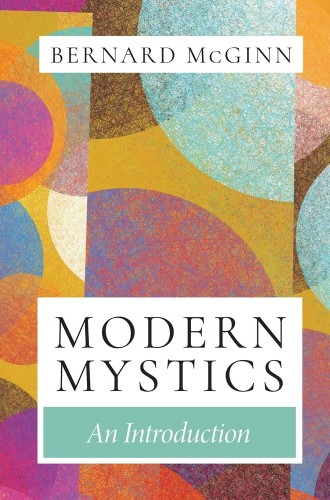Seeking the Divine in the secular age
The modern mystics profiled in Bernard McGinn’s new book don’t experience ecstatic visions, supernatural miracles, or paranormal phenomena.

Modern Mystics
An Introduction
A renewal of interest in meditation, spirituality, and mysticism is increasing, even as historic churches lament their own decline. Some Christians are finding conventional worship inadequate to address deep questions of meaning and vocation amid the suffering and anxieties of troubled times. Many seek the kind of transformation witnessed in the lives and writings of exemplary figures who existed at the margins of institutional churches. Their quiet protest implies that congregations and denominations might be renewed if they fostered deeper inward journeys to encounter God’s love beyond worn-out forms of outward conformity.
Bernard McGinn, who taught at the University of Chicago Divinity School until his retirement, has served this movement well with a lifetime of scholarship charting the lives and writings of the mystics (most famously in his multivolume The Presence of God: A History of Western Christian Mysticism). In this new book, he introduces ten 20th-century figures who brought together lives of contemplation and action in an increasingly secular world.
Protestant readers will learn about figures rarely mentioned in popular spiritual writings, like Charles de Foucauld, Thérèse of Lisieux, Elisabeth of the Trinity, and Henri Le Saux. Three of the figures, Edith Stein, Simone Weil, and Etty Hillesum, were Jews, two of whom perished in the Holocaust. Dag Hammarskjöld, the only Protestant, is best known as the first secretary general of the United Nations. Pierre Teilhard de Chardin, a Jesuit paleontologist whose writings were mostly suppressed by his order during his lifetime, brought a dynamic cosmological vision to the mystical quest. Thomas Merton, the best-known figure, is revealed as a person of contradictions, seeking the solitude of the monastery while writing voluminously for a wider public and correspondents who kept seeking him out.




